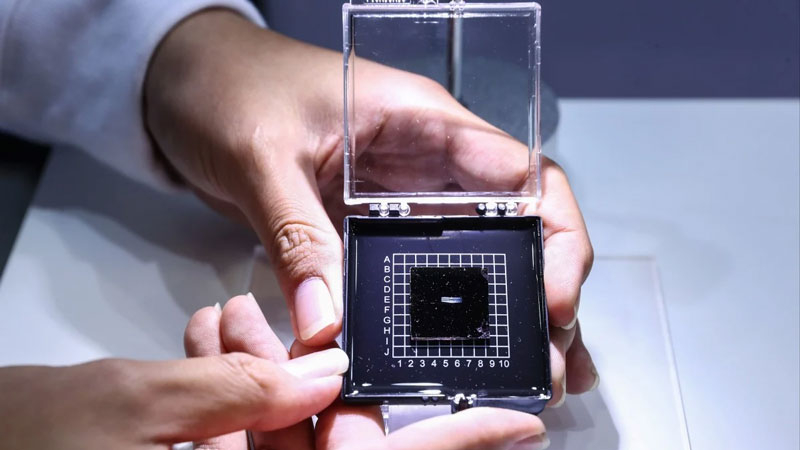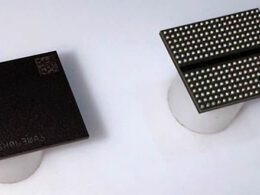The science of silicon photonics shows potential to boost computer performance and lower energy consumption. Transitioning from electron streams to photons involves arranging the interaction of photons and chip materials, and developing new control methods. The first step is increasing “light” energy density, which involves slowing it down with minimal loss – a feat achieved by researchers in China, according to recent reports.
Published in a recent issue of Nano Letters, researchers from the Shenzhen Institutes of Advanced Technology at the China Academy of Sciences say they’ve designed a metamaterial that can slow light down by 10,000 times with just 20% losses compared to previous attempts. This implies that the light carries through the chip (channel) with less absorption and lower scattering. This vastly improves energy efficiency and reduces heat emissions while the increase in energy density due to light slowing down gives actual control over the light signal, suggesting it’s ready for use in practical applications, researchers added.
The scientists achieved this result through a specially structured surface. The surface showcased a periodic lattice-like structure where 100-nm silicon disks were sequentially placed, acting as resonators that alter signal amplitudes and phases. An important feature of the metamaterial was its capacity to “push out” photons from within the material to its surface, leading to almost zero absorption. Furthermore, any single photons scattered in the process were redirected in the correct pathway with the help of neighbouring structures, reducing losses and optimising the use of the incoming light (signal).
“With the technology of metasurfaces, photonic chips can be as thin as stickers or building blocks that will allow us to functionally stack them on top of each other,” the developers noted. “By using the light-slowing effect, performance can be significantly improved.”





